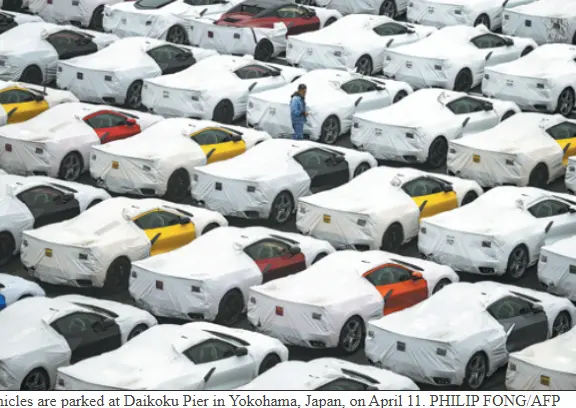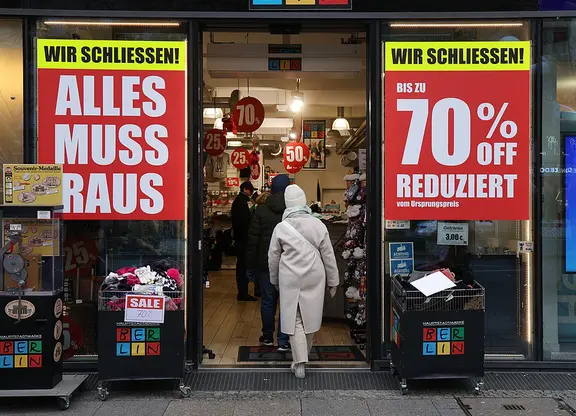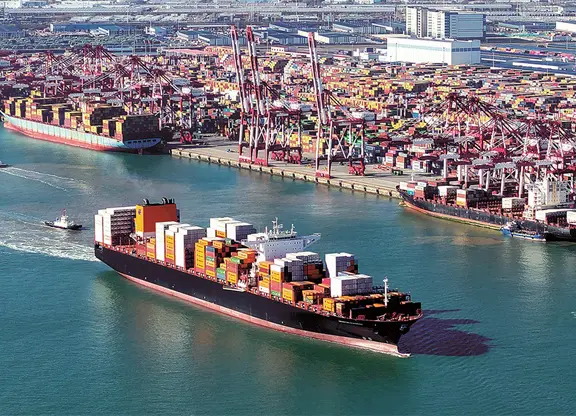After
yesterday’s look
into the somewhat lackluster pace of investment into e-commerce-focused startups this year, a few VCs sent in notes that added useful context. So this morning let’s discuss why the pace of e-commerce startup fundraising has been so milquetoast in 2020.
***The Exchange explores startups, markets and money. You can read it ***
every morning on Extra Crunch
***, or get The Exchange newsletter
every Saturday.***
To frame the oddity of e-commerce startups not raising a flood of cash during what are historic boom times, we noted Walmart’s staggering online sales growth in Q2, which TechCrunch’s
Sarah Perez
broke out into a separate piece
. Today, for a soupçon more, Target reported
its Q2 earnings. Its results are similar to Walmart’s own, if even more extreme.

The American retailer reported that its “store comparable” sales were up 10.9% in the quarter, which was rather good. But Target also reported that its “digital comparable sales grew 195 percent,” which is staggering. And Target’s revenue mix moved from 7.3% digital in its year-ago quarter to 17.2% in its most recent.
Damn.
If you’ve been around the internet lately, you can’t help but trip over more data detailing this extraordinary moment in e-commerce history — there are years of change happening in just a quarter’s time. For a taste, former Andreessen denizen Benedict Evans has some
great data on U.S. and UK e-commerce growth
, and here’s yet another great chart to chew on
. It goes on and on.
So the e-commerce boom is real, and the startup funding funk is as well,
per the data we ingested yesterday
via CB Insights
. What gives? GGV’s
Jeff Richards
had an idea, and we chatted with Canaan’s
Byron Ling
as well. And we’ve also done a little digging into some of the largest, recent e-commerce rounds to get some flavor on who is raising in the space. Ready?
Why e-commerce VC isn’t going straight up
If you recall, our thesis yesterday was that, perhaps , the killzone theory often posited concerning Amazon meant that the e-commerce space is less investable than we’d otherwise imagine and that because some things are “sorted” to a degree, there is less green space available in the sector for startups to tackle.
Bits of that might be right.
 简体中文
简体中文



















